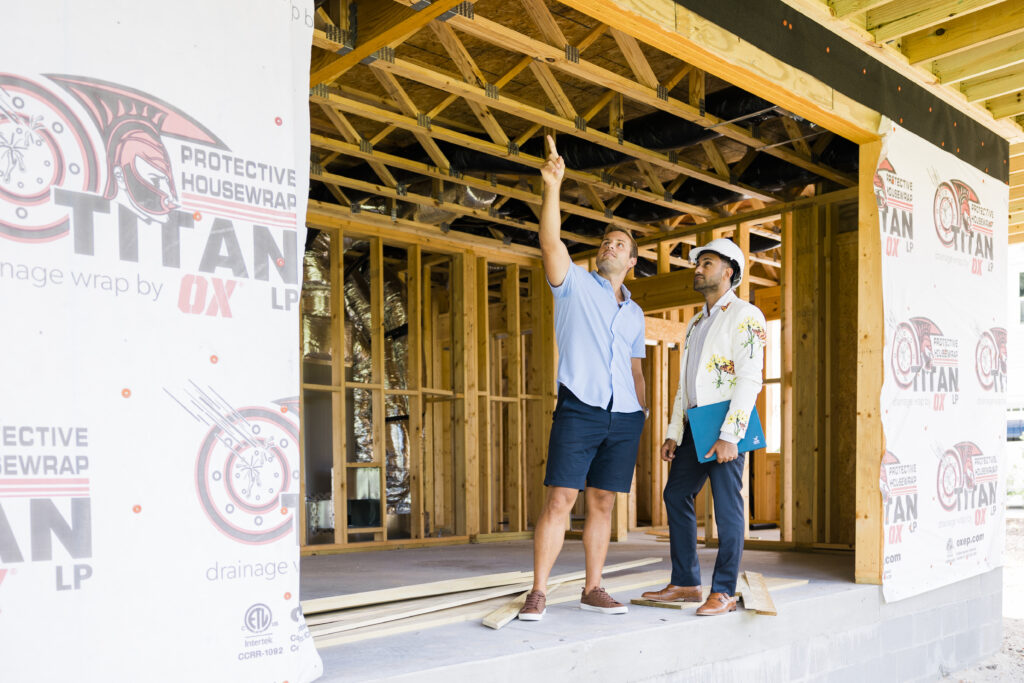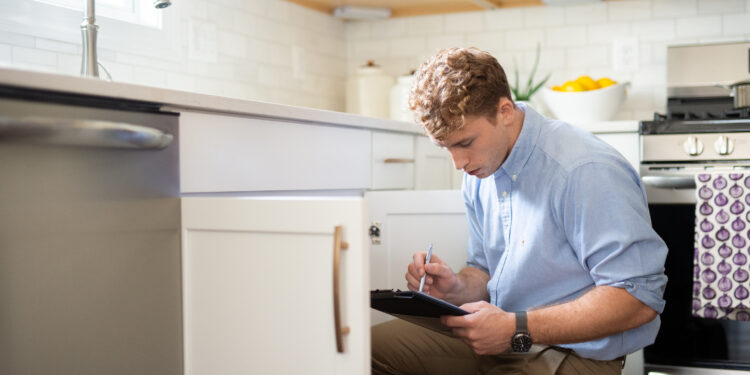If you’re buying a house, the number of potential home inspections can be dizzying. There are an ever-increasing number of options, from the traditional home inspection to specialized inspections such as termite, radon, chimney, HVAC, roof, drain line scoping, air quality, septic, well, water quality, and pre-sheetrock inspections for new construction. Here’s a breakdown of what to consider when purchasing your new home:
Traditional Home Inspections
Traditional home inspections are of course a must. Whether you are buying new construction or an existing home, it’s always wise to have a home inspection. Home inspections are a generalist’s view, and are comprehensive in scope. Your inspector will provide a detailed overview of your house and systems, but may or may not be able to assess deeper issues with your roof, HVAC or air quality, for example. They may recommend further inspections, or you may wish to do so automatically as a matter of precaution.
For example, most home inspectors no longer walk your roof. They will look at the roof from binoculars on the ground. Some inspectors do use drones, which is a plus, and thus can provide more information. If the roof of the home you are buying is 10 or more years old, a roofing inspection, where a roofer actually walks your roof, may provide serenity and peace of mind. Sometimes roofers discover substantive issues that could not be seen during the general home inspection.
HVAC Inspection
If your HVAC has some age on it, getting a separate HVAC inspection is well worth the $125-$150 cost per system to evaluate. The general home inspector can’t open the unit or assess the system in the same depth as an HVAC contractor, who can take a deep dive into your components and recommend repairs or maintenance items. HVAC inspectors can also alert you to costly, immediate issues such as a cracked heat exchanger.

Water Line Inspections
Buyers of older homes may choose to have their main water line scoped, particularly if they are purchasing a historic property. Cast iron piping can become compromised over time, and having that piping scoped as a separate inspection (typically by a specialized plumber) is rising in popularity to avoid problems down the road.
Well and Septic Inspections
If you are buying a home on acreage, a well and septic inspection is a must. The septic tank should ideally be pumped during the inspection so that the inspector can see the tank both before and after it has solids in it. Some buyers will choose to inspect the tank without first emptying it, which still provides significant information, but not a complete understanding about the state of the tank. Other buyers will have the tank pumped prior to inspection, which is also quite acceptable. A well inspection should ideally both assess the well’s components, and test the water for eColi and other bacteria and harmful substances. Try to book the water testing early, as results can take 7-10 days to come back from the lab, depending on the tests ordered.
Radon Inspections
Radon testing has become a standard, and is recommended on every property. Though many areas that Nest Realty serves typically find a significantly lower radon level than the EPA limit, a radon test is an inexpensive way to ensure your property doesn’t have harmful levels of this invisible gas. It’s cheap to test and can save you $1,500-$2,000 if found and the sellers ameliorate. Remediation is typically straightforward to accomplish.
Chimney and Structural Inspections
Chimney and structural inspections will often follow a home inspection if the inspector suspects issues related to the chimney, flue, foundation or structural components. Both can take a couple of weeks to schedule, so schedule your home inspection early to allow time for these ancillary inspections if needed.
Air Quality Inspections
Lastly, air quality inspections are a newer offering that some buyers are undertaking if they have a particular interest in air quality issues. In this inspection, 2 to 3 areas of the house are typically chosen to be monitored for various types of mold in the air. If found, remediation may be necessary, which can vary substantially depending on the source and severity of the air quality issue. For anyone with mold allergies or sensitivities, air quality testing can be a prudent decision.
All of these inspection costs add up, so choose based on your priorities, housing components, and health interests or risks. Certainly, the cost of these inspections will pale in comparison to the cost of your new home, and can give you an opportunity to uncover issues early, negotiate with your seller, or ensure peace of mind. While this is not an exhaustive list of possibilities, the above inspection types provide a snapshot of the major inspections to consider when purchasing a property. Hopefully, the findings are few and reassuring! Either way, you’ll have the knowledge you need to make confident decisions about your purchase. Here’s to your house!
–Wendy Tanson knows the ins and outs of local communities. She’ll put her experience to work for you, always with your best interests at heart.
